 Shutterstock
Shutterstock
Dogs are known for their wagging tails, goofy grins, and uncanny ability to nap just about anywhere. While it may seem like your pup is sleeping the day away, there’s a perfectly natural explanation for their impressive snooze habits. Dogs aren’t lazy; their sleep needs differ significantly from ours due to their unique biology and instincts. Depending on their breed, age, and daily activity level, dogs can sleep anywhere from 12 to 18 hours a day—and yes, that includes spontaneous couch naps and upside-down snoring in the hallway.
They’re Conserving Energy Like a Fuzzy Battery
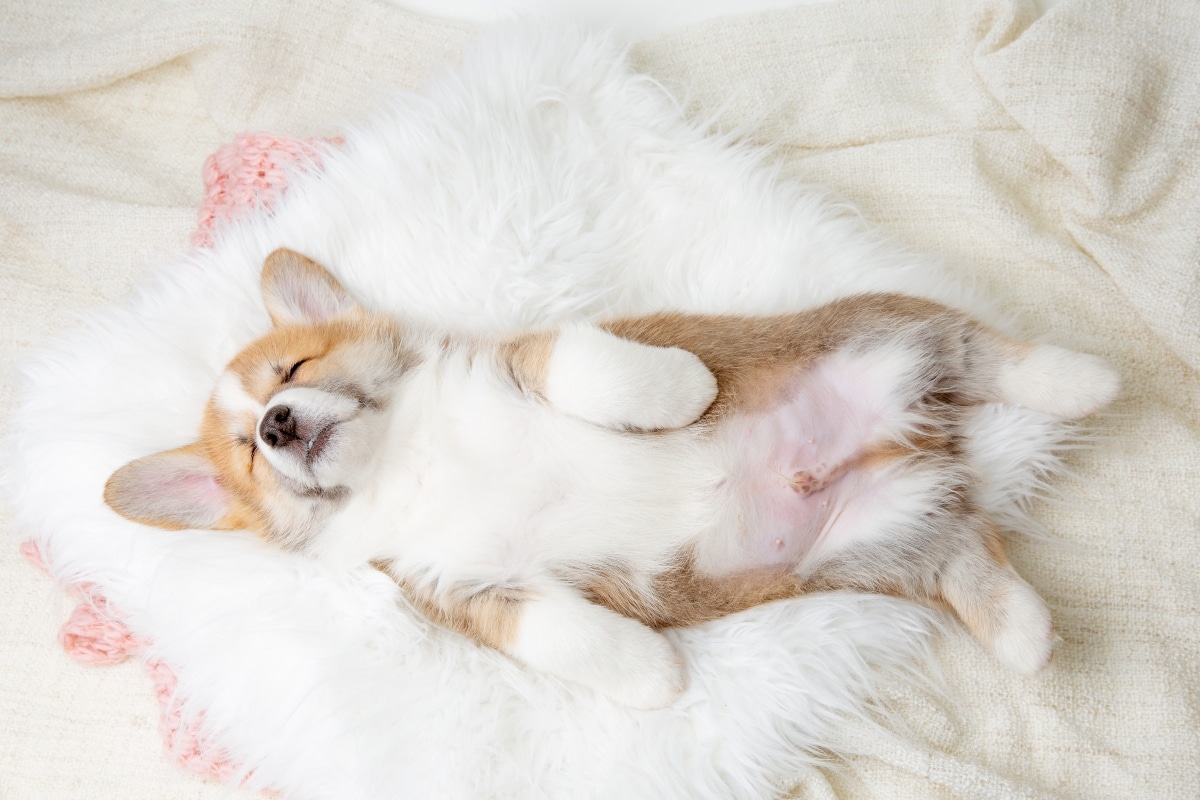 Shutterstock
Shutterstock
Dogs are biological champions at conserving energy; a trait passed down from their wild ancestors. Canines must rest between hunts in the wild to save energy for high-intensity bursts. Domesticated dogs, even with a cozy lifestyle, retain this instinctual behavior. So, when your pup is snoring at 2 p.m., it’s less laziness and more of a built-in survival strategy.
Their Sleep Cycles Are Different From Ours
 Shutterstock
Shutterstock
Humans typically fall into long, continuous sleep cycles, but dogs sleep in short bursts. Their sleep cycles last around 45 minutes, compared to our 90-minute cycles. Because their REM sleep is limited, they need more frequent naps to stay refreshed. This explains why your dog can sleep half the day and still leap up at the crinkle of a snack bag.
Puppies and Seniors Need More Sleep
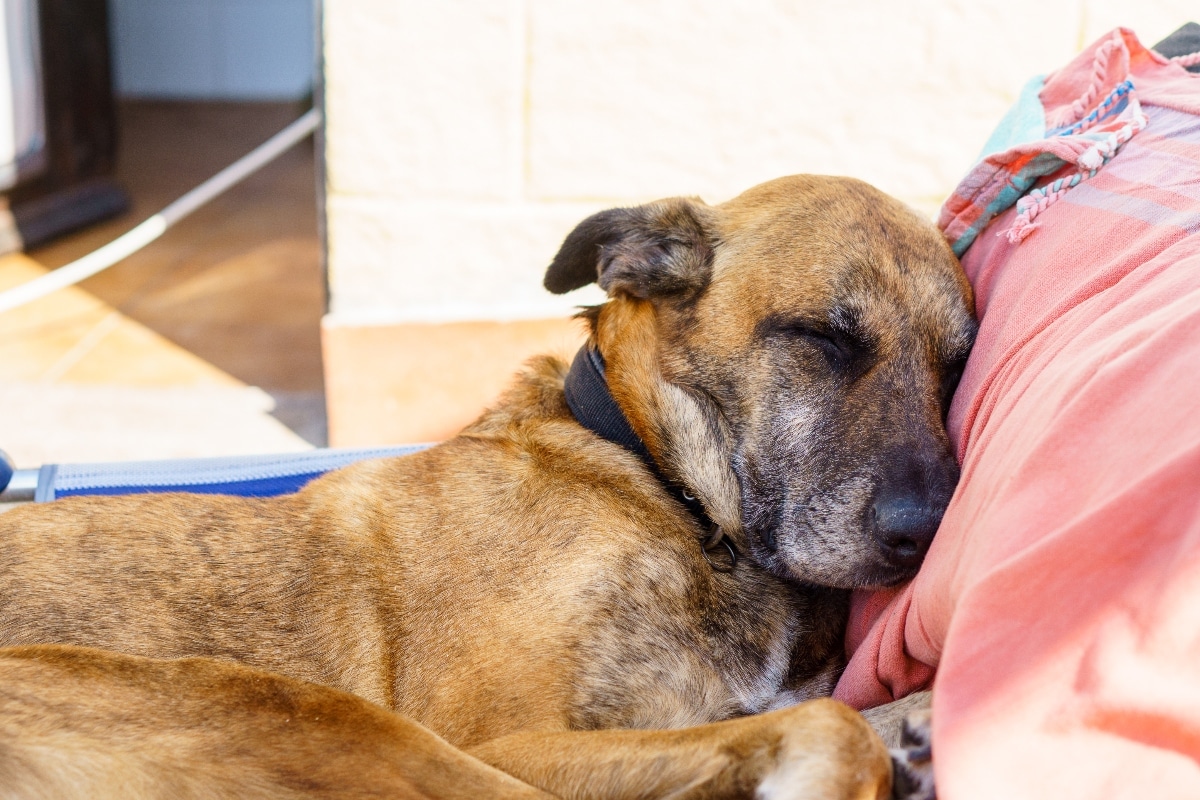 Shutterstock
Shutterstock
Young puppies are constantly eating, playing, crashing, and repeating—and sleep is vital for their growth. Their bodies and brains are developing rapidly; rest is how they recharge and build strength. Senior dogs also require more rest to heal, manage pain, and maintain their health. So, if your older dog sleeps like a teenager on summer break, it’s completely normal.
They’re Bored, and There’s Nothing Better to Do
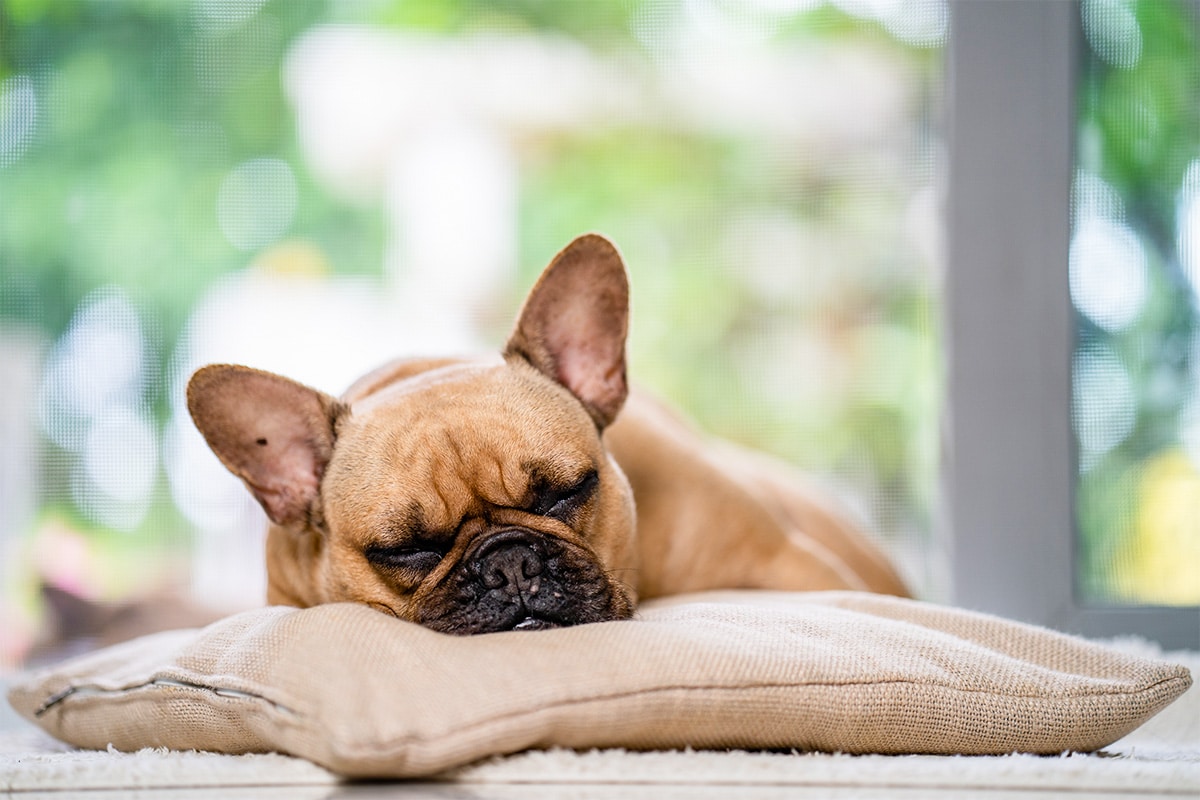 Shutterstock
Shutterstock
Sleep becomes their default setting when dogs aren’t mentally or physically stimulated. Without toys, puzzles, or interaction, they may nap to pass the time. Boredom-induced sleeping is especially common in dogs left home alone for long periods. Napping becomes the best available entertainment when there’s nothing fun going on.
Exercise (or Lack of It) Affects Their Sleep Needs
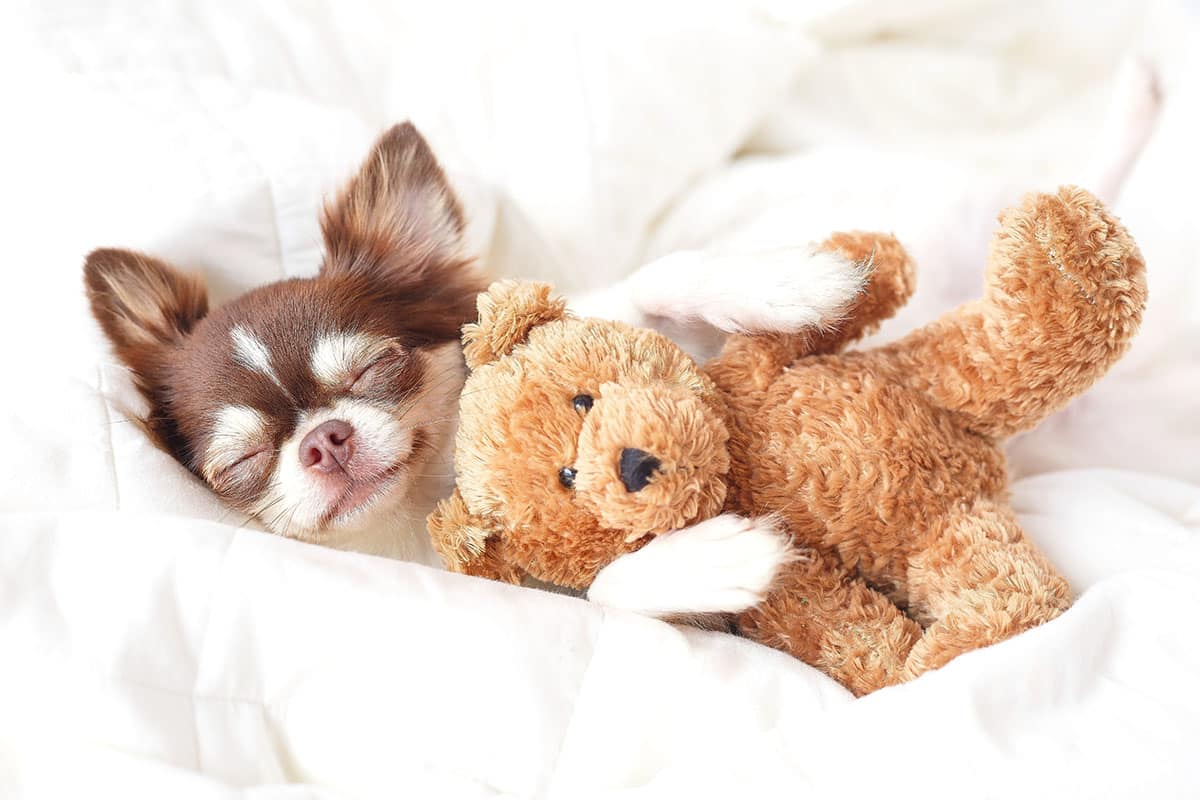 Shutterstock
Shutterstock
After a big outing or an intense play session, dogs often crash into deep, satisfying sleep. Like humans, dogs use rest to recover and repair after physical exertion. On the flip side, dogs who don’t get enough exercise might sleep more out of sheer inactivity. That doesn’t mean they’re tired—it just means they’re under-stimulated and filling the void with naps.
It’s All About the Breed, Baby
 Shutterstock
Shutterstock
Breed significantly affects how much a dog sleeps; some dogs are practically born with sleep goggles. Bulldogs, Mastiffs, and Greyhounds are notorious for their snooze-heavy lifestyles. Working breeds like Border Collies and German Shepherds need less rest because they’re wired for activity. So yes, your Basset Hound isn’t lazy—they’re just following their breed’s blueprint for life.
Their Sleep Is Often Interrupted
 Shutterstock
Shutterstock
Even when dogs are “asleep,” they’re still tuned into the world around them. Their senses remain partially active, so small sounds or scents can awaken them. Because of these interruptions, dogs rarely reach the same level of deep, uninterrupted sleep as humans. To compensate for this, they must nap more frequently throughout the day.
Health Issues Can Increase Sleep Time
 Shutterstock
Shutterstock
Sometimes, a dog’s excessive sleep is a symptom of an underlying health problem. Conditions like hypothyroidism, anemia, or infections can cause lethargy and prolonged naps. If your dog’s sleep habits change suddenly or seem unusually drowsy, it’s time to check in with the vet. Sleep is a healing mechanism, so dogs instinctively rest more when their body isn’t 100%.
They’re Living the Good Life
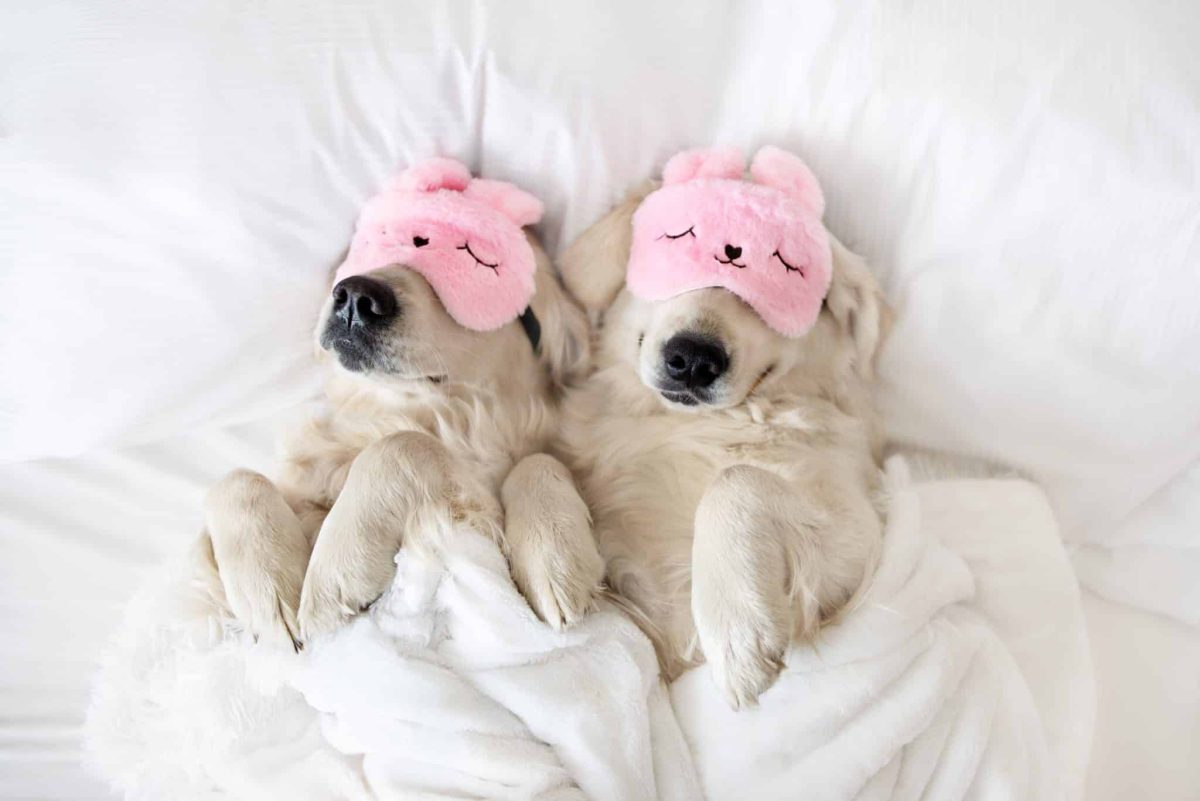 Shutterstock
Shutterstock
Dogs that sleep soundly often feel entirely secure in their environment. When pups feel loved, safe, and stress-free, they can fully relax and catch quality z’s. That’s why rescue dogs often sleep more once they’ve settled into a forever home—it’s their way of recovering from past stress. A well-slept dog is usually a well-loved one.
The Nap-pily Ever After We All Deserve
 Shutterstock
Shutterstock
So there it is—your dog’s epic nap routine is more about biology than laziness. Dogs have solid, science-backed reasons for all that snoozing, from conserving energy to feeling completely safe in their environment. They’ve earned every nap after a long day of guarding the yard against rogue leaves, chasing imaginary intruders, and offering top-tier emotional support. Their peaceful sleep signals trust, contentment, and overall well-being. So the next time you see your pup mid-snore with a twitching paw, remember—they’re not lazy; they’re a highly trained rest expert.

 1 month ago
19
1 month ago
19



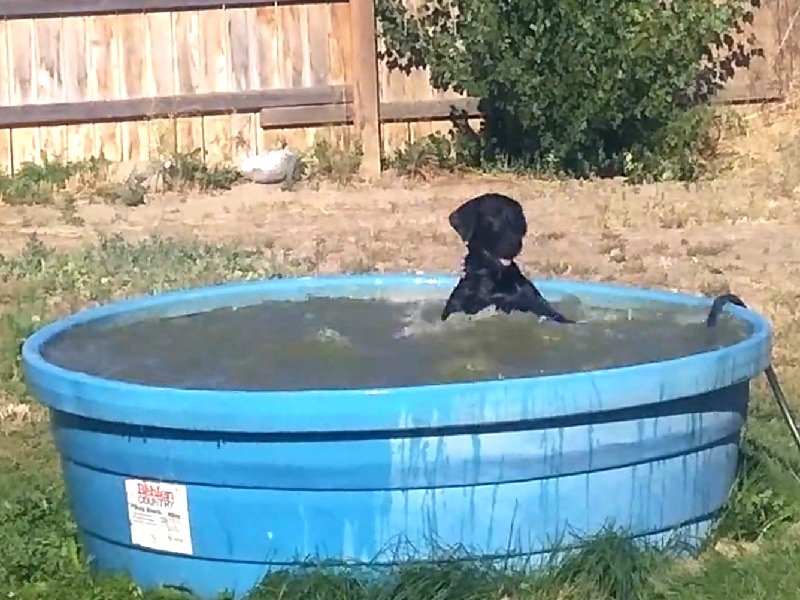
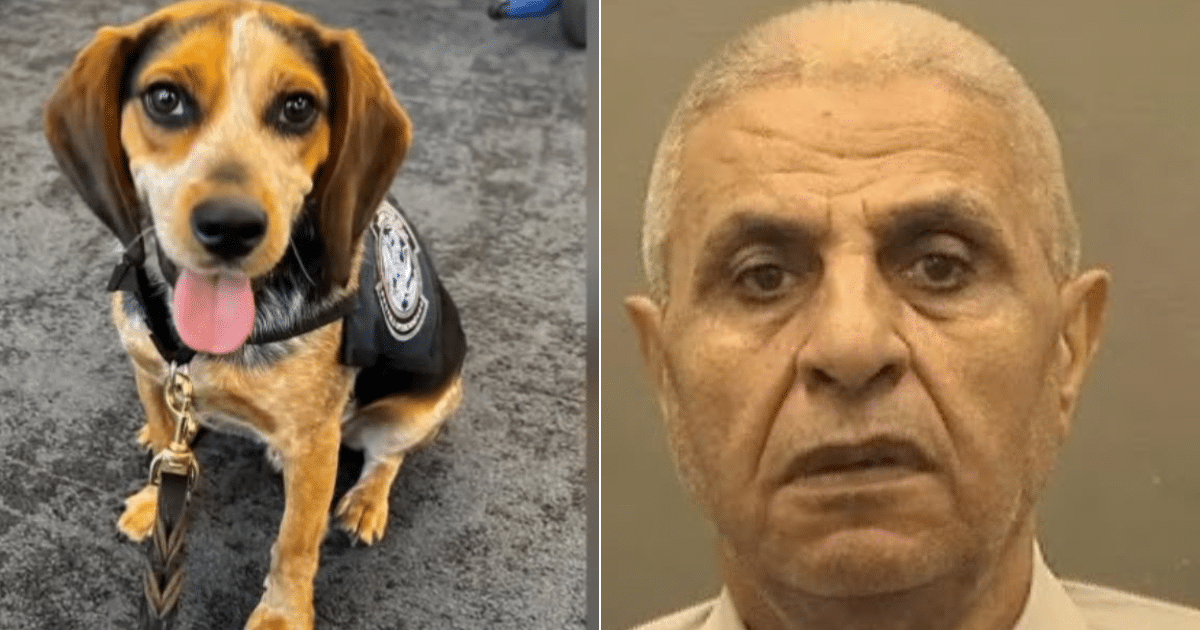
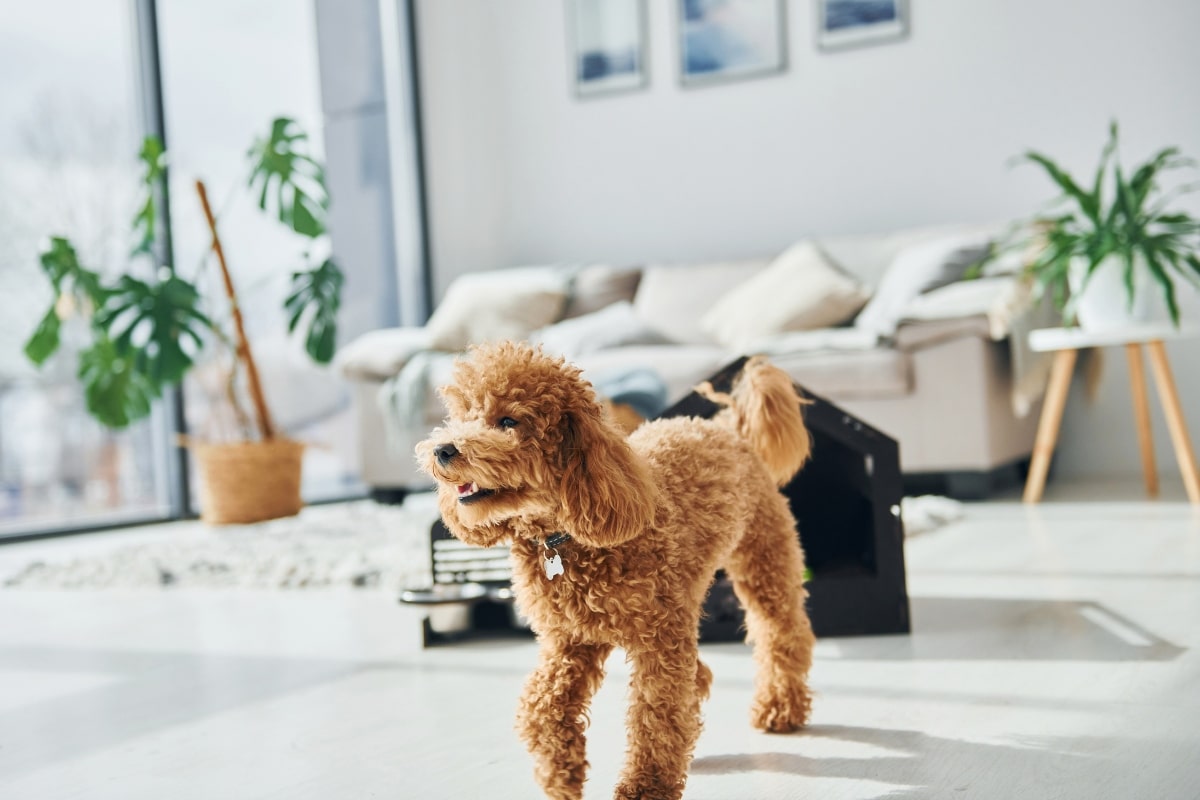
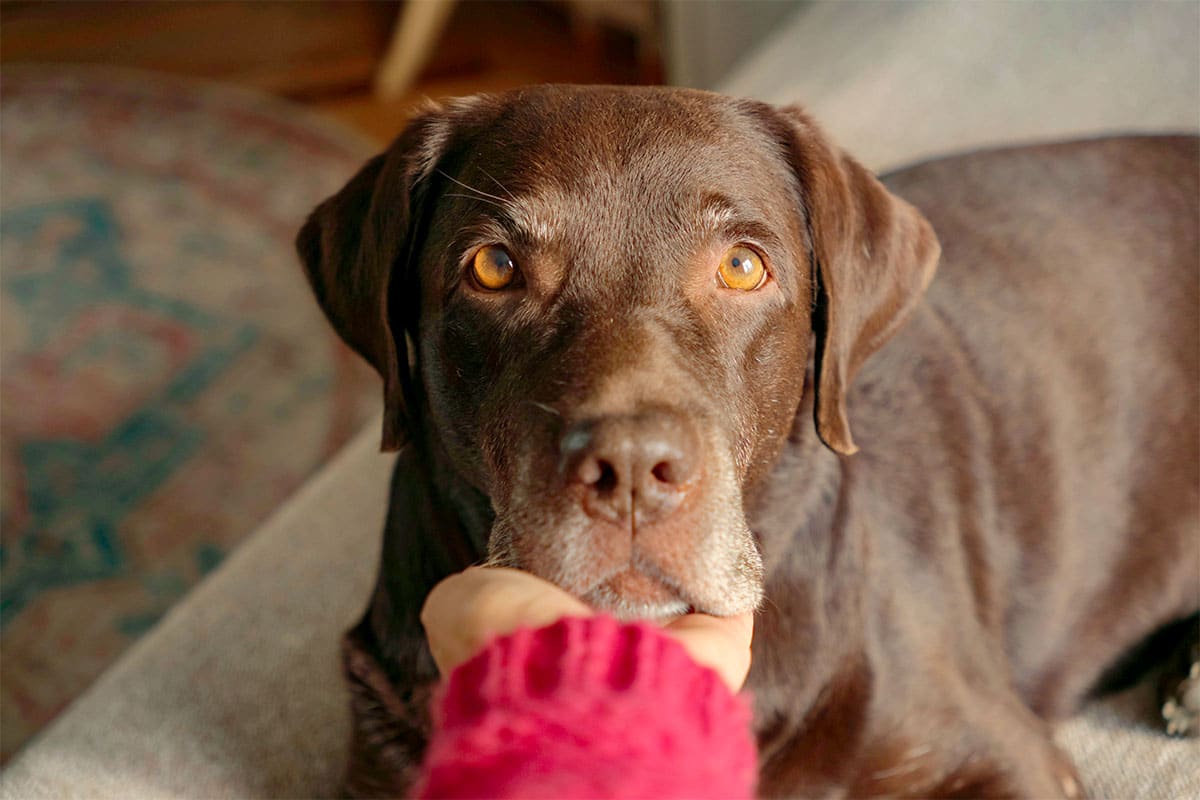
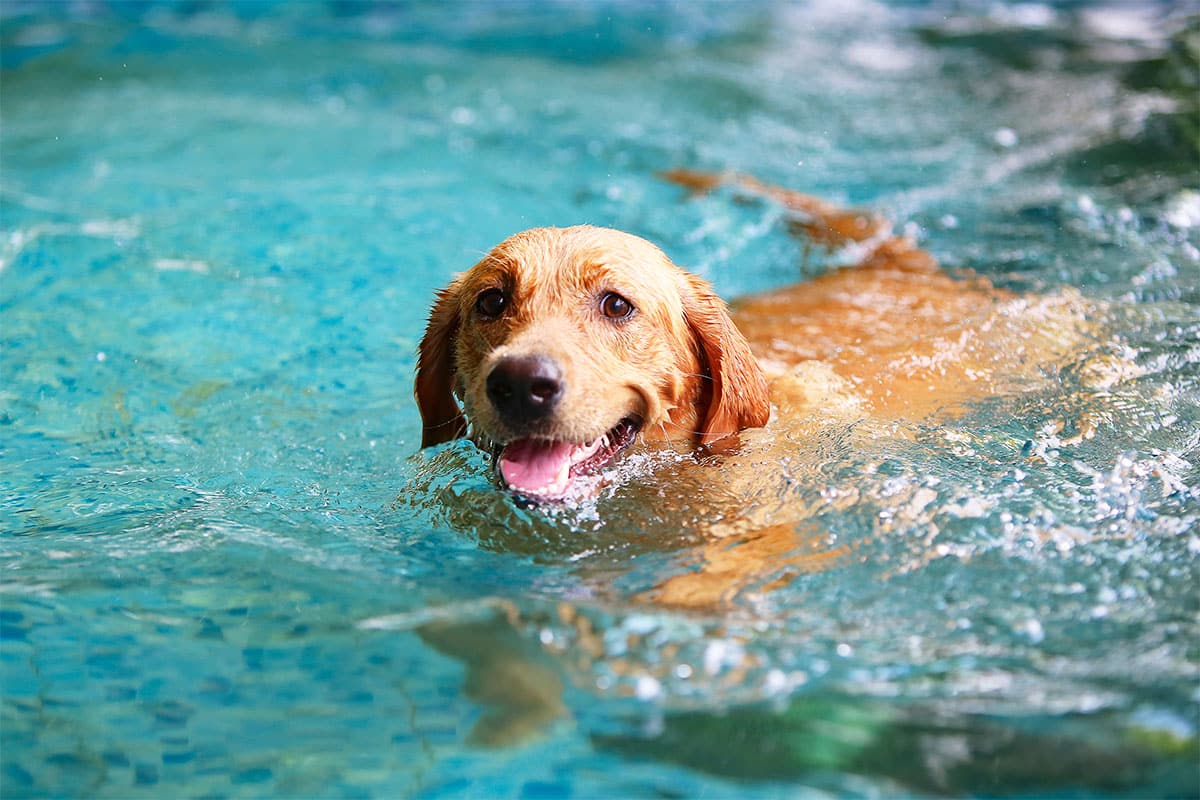
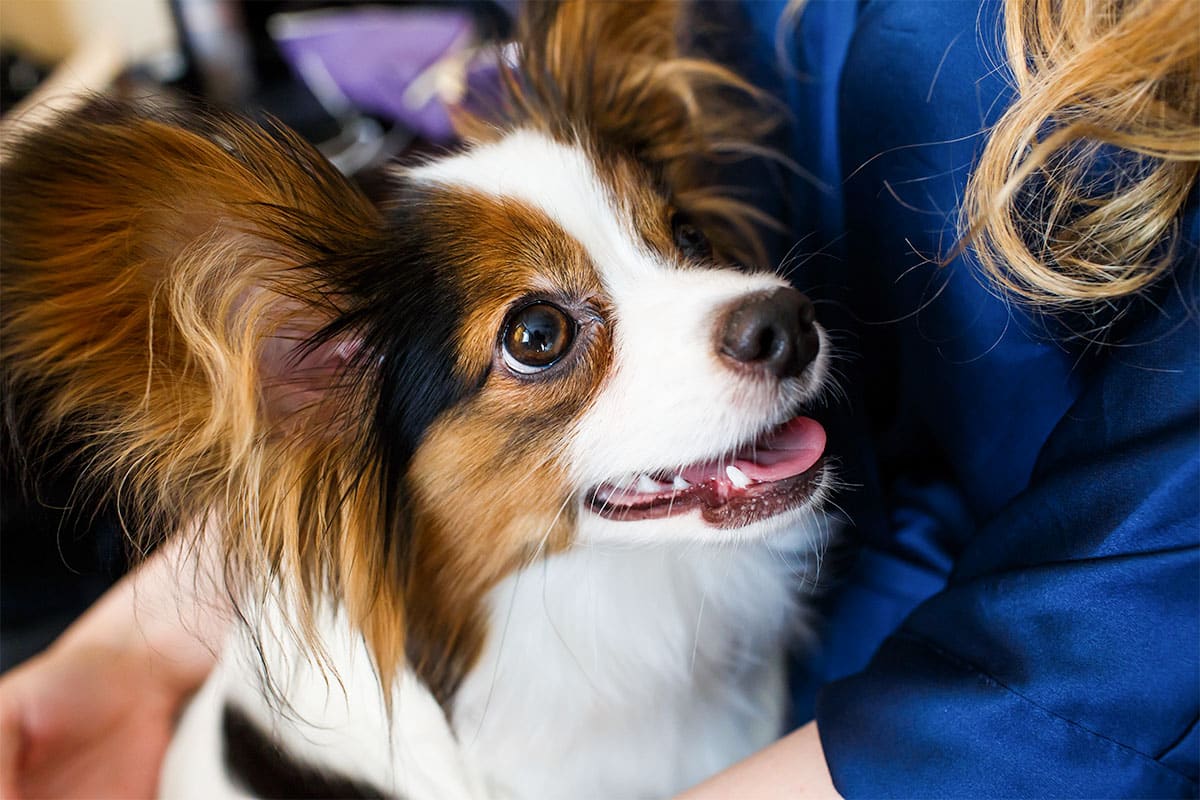
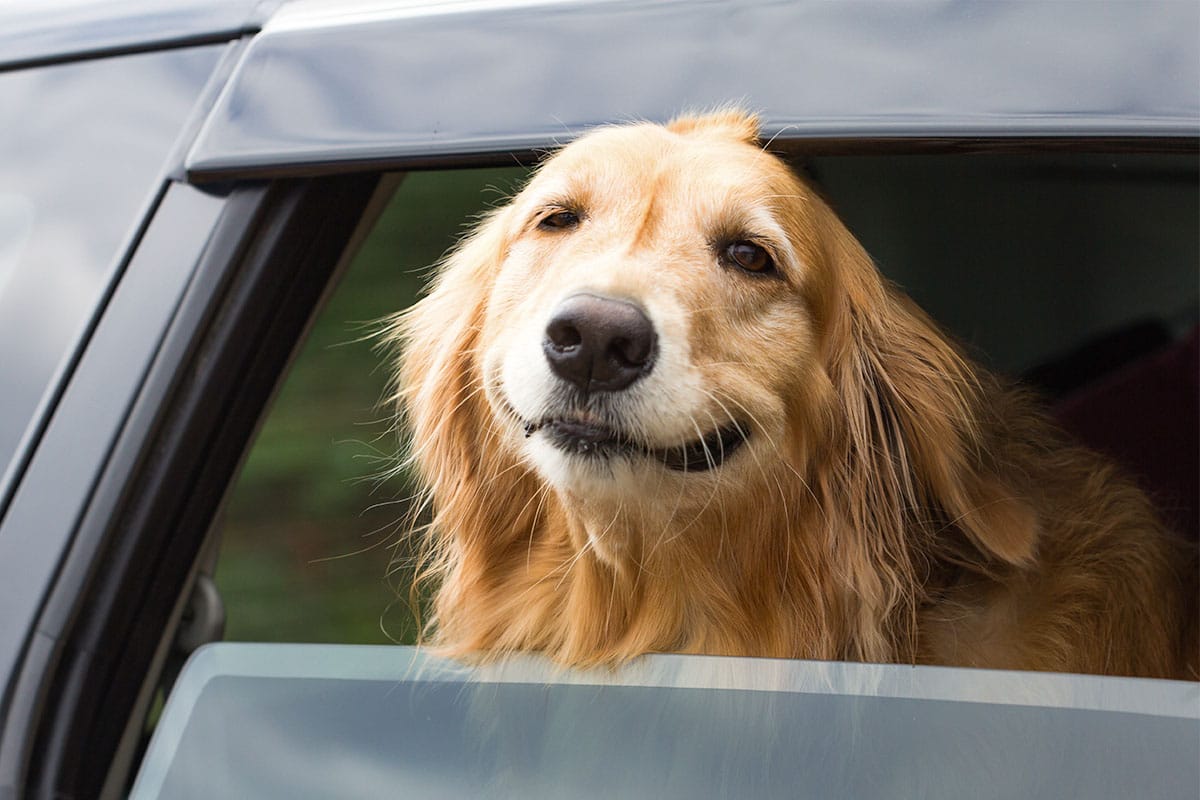

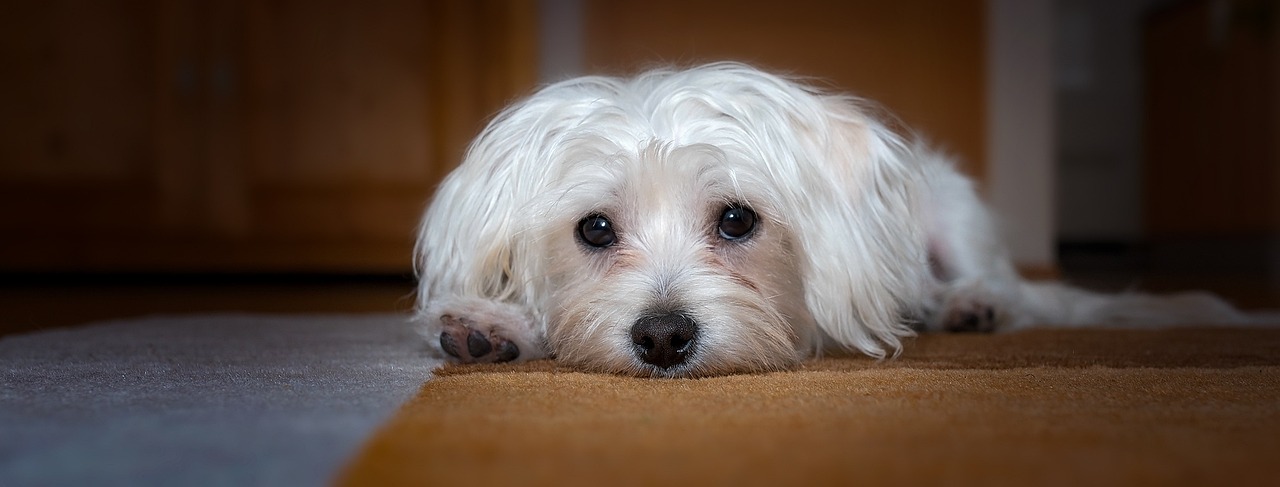
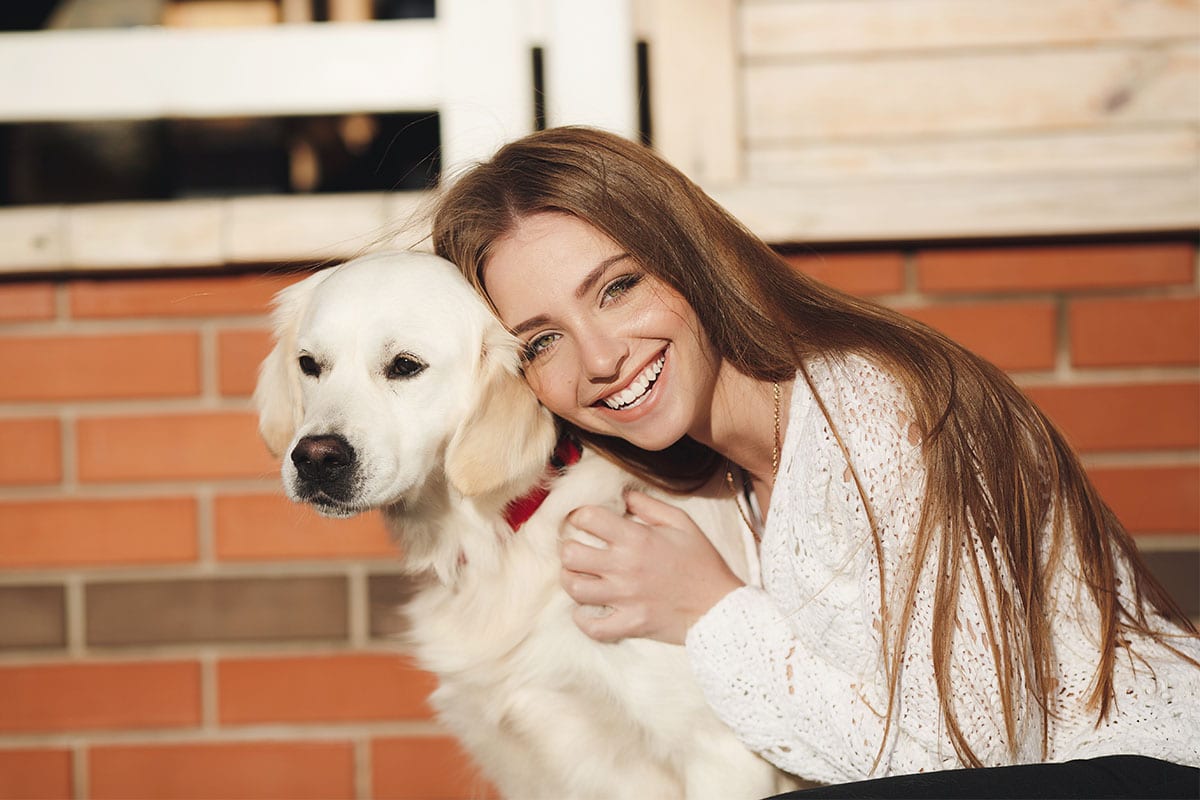
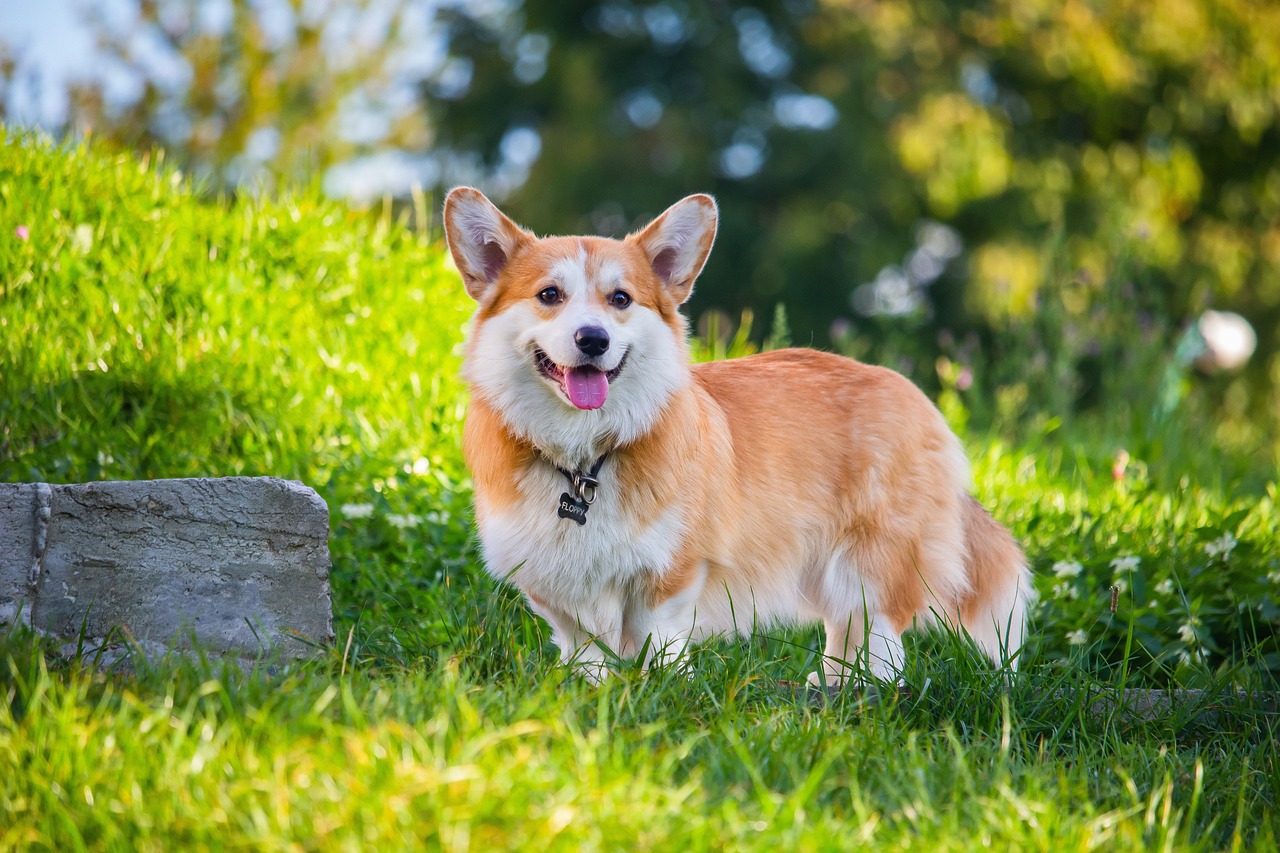
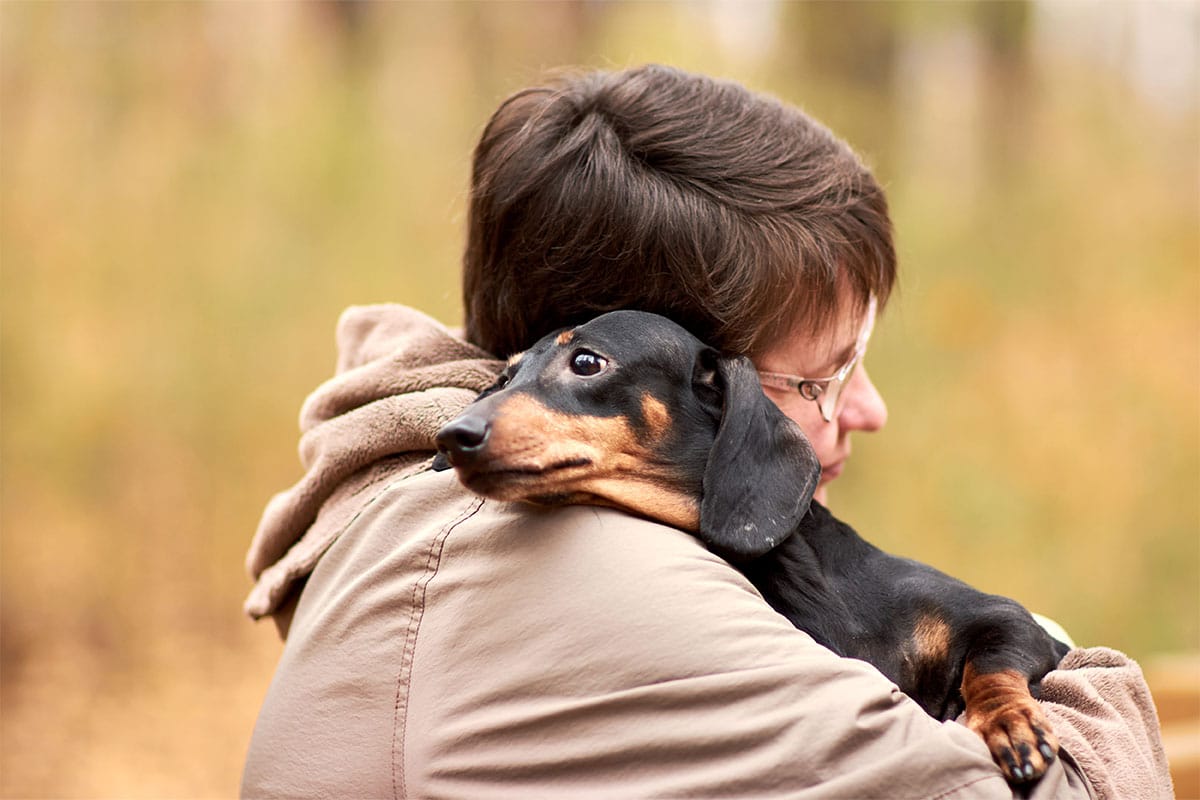

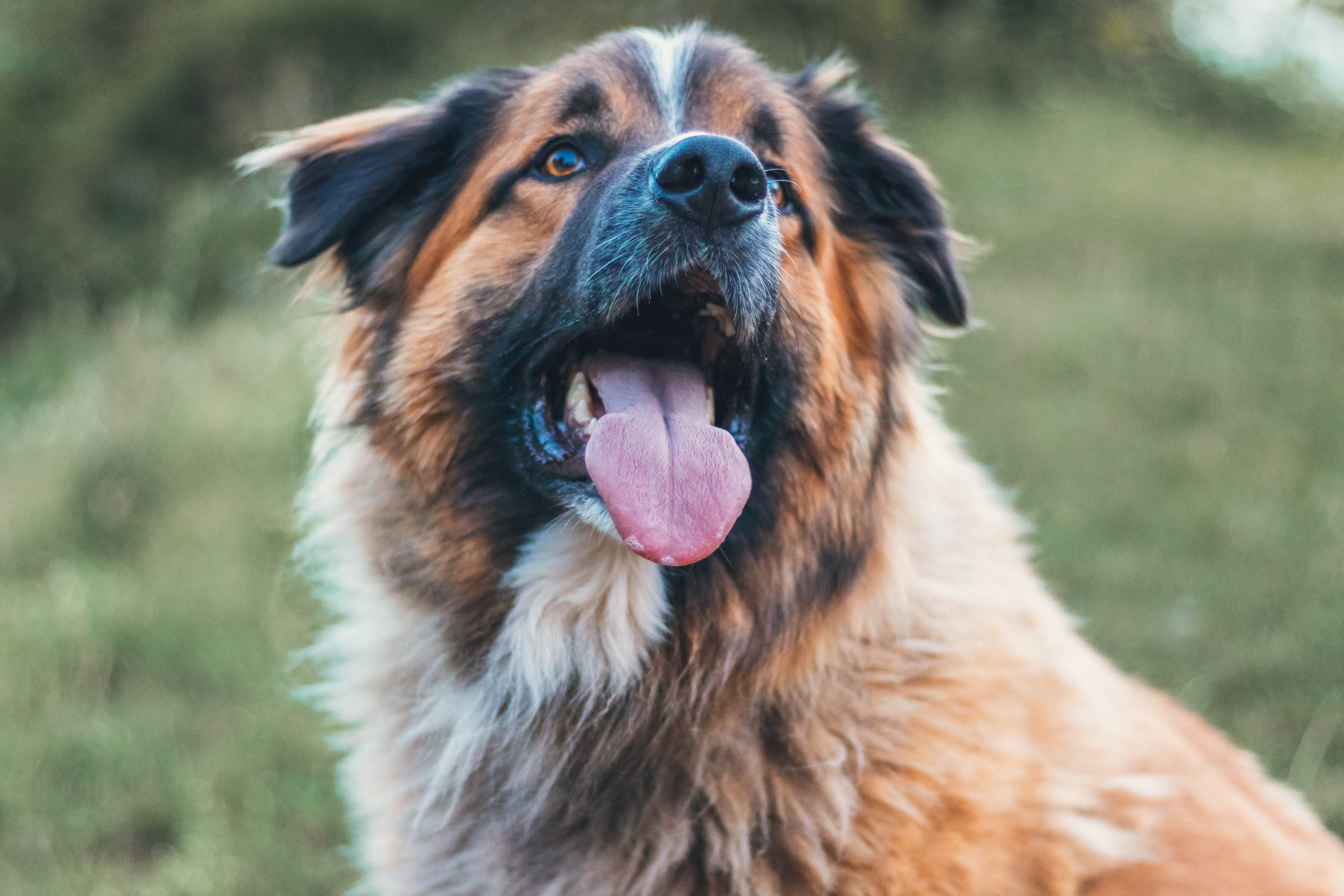

 English (US) ·
English (US) ·